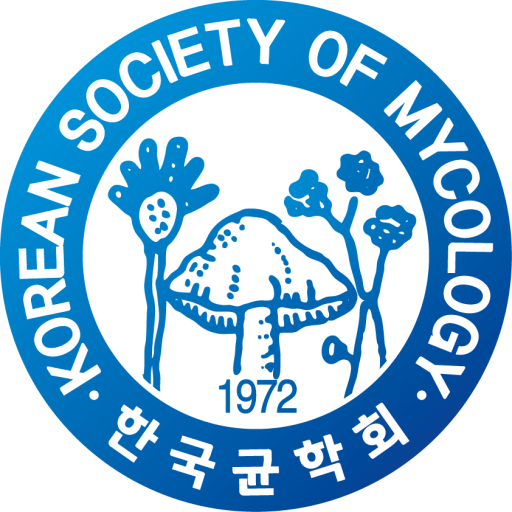Freshwater ecosystems harbor diverse fungal communities that play crucial roles in nutrient cycling and organic matter degradation. In this study, we investigated the species composition and metabolite profiles of 52 Aspergillus isolates collected from freshwater environments in Korea. Phylogenetic identification revealed three dominant species: A. japonicus, A. niger, and A. tubingensis. Comparative metabolomic analysis using LC/MS demonstrated both common and species-specific organic acid production. Core metabolites such as citric acid, malic acid, succinic acid, gluconic acid, and phosphoric acid were consistently detected across isolates, indicating their fundamental role in central carbon metabolism. In contrast, distinct metabolic signatures were observed among species. A. japonicus was characterized by the production of catechin, lactic acid, pyruvic acid, and glucoheptonic acid, suggesting a potential for antioxidant and functional metabolite biosynthesis. A. niger uniquely produced high-molecular-weight organic compounds (e.g., C27H30O15, C28H8O11), reflecting its capacity for specialized secondary metabolism. A. tubingensis displayed diverse sugar acid derivatives, including 2-deoxy-5-keto-D-gluconic acid and acetylpyruvate, highlighting its role in acidification and carbon flux regulation. These findings underscore the metabolic diversity of freshwater-derived Aspergillus and their ecological significance in shaping biogeochemical processes, while also providing valuable insights for potential industrial applications in organic acid production and functional compound discovery.

 English
English